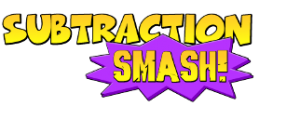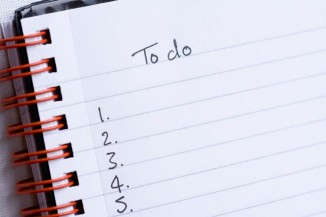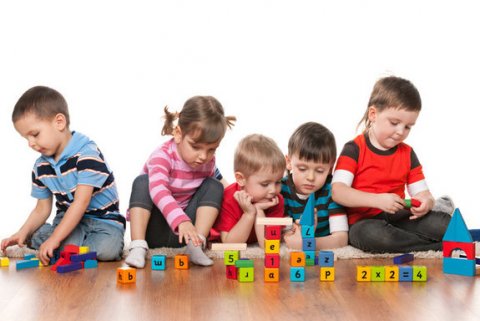Last year, my 3-year-old son started playing Addition Blocks. Not that he was actually ‘adding’, but he liked to tap the blocks with the numbers. I would sit with him and tell him ‘7 is 3 plus 4’ and he would tap the 3 and the 4…The next target sum would fall, and I would say ‘ 8 is 5 plus 1 plus 2’ and he would tap the numbers. Eventually, he would memorize the sums just through the repetition. I was not as concerned with him knowing how to add, but more in just playing with numbers and developing number sense.
Below are some simple and easy games that will develop number sense (identifying numbers, more, less, etc) in your preschooler.
I also want to stress that my goal is NOT that my son ‘learns’, or even understands, the first time (or second, or third, or…) we play a game, but to be able to engage him with numbers, spend time playing games together, and opportunities for teaching moments. Make it fun!! It’s OK as a 3-year-old if he gets the 2 and the 5 mixed up!
Card Games (Remove the Ace/King/Queen/Jack from the deck)
- Go Fish– Great way just to learn the numbers and being able to ‘match’ them. The shapes on the cards will also provide a visual to understand that there are more ‘hearts’ on a 7 than on a 2.
- War– Very easy game to play with a preschooler, as all the cards are in a pile. Great for teaching concepts of ‘More’ and ‘Less’, as well as counting.
- Crazy 8’s- Again, good for matching numbers. Crazy 8’s also introduce decision making strategies for the child. For example, when the child plays a ‘8’ to change the color, help (ie, talk through, ask questions) him or her decide which would be the best color to call out.
Other
- Sharks and Goldfish. Start with a pile of Goldfish. Each of you roll a die. Whoever gets the highest number gets to eat one goldfish (as a shark). What if you rolled same number? Move a goldfish from the pile and each of you roll again to see who wins to eat two fish. Once the child is comfortable with ‘more’ and ‘less’, change the rules slightly. The winner (shark) gets to eat the difference between the numbers rolled on the dice. Now you have just introduced the concept of subtraction!
- Dominoes– Again no numbers are used, so concepts of ‘more’ and ‘less’, matching, as well as counting are used.
Commercial
- Chutes and Ladders – Great way to introduce counting.
- Zingo (from ThinkFun)– Bingo game where kids are just matching the numerals with the number of shapes (trucks, fish, stars, etc) on their bingo board.
- Addition Blocks (mobile/desktop app)– Not just a shameless plug, but really a good tool to introduce the concept of addition, recognizing numbers, and developing number sense.
- Bugs and Buttons, Bugs and Numbers (mobile/desktop app)– Great graphics, lots of varied types of math and number games.
All of these ideas are just preparing your preschooler to be comfortable (and have fun!) with numbers and introducing math ideas of more, less, addition, and subtraction. All of these games can be played for 5 minutes or 15 minutes.
Not only that, (but more importantly) you are spending time with your child and interacting with them. You have an opportunity to teach about being competitive, yet, being a good sport.
In the comments, share what number/math games you play with your pre-schooler!



